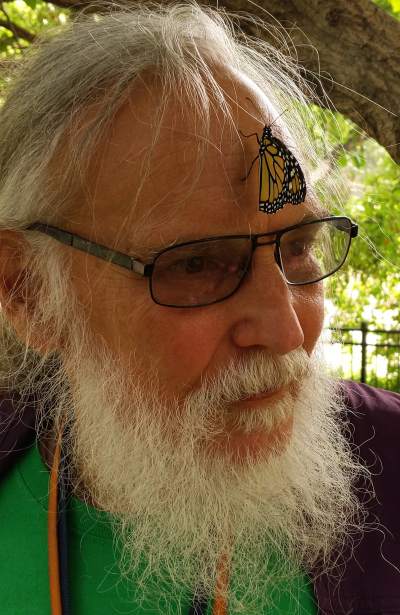
Dr. Dale Hammerschmidt
Dr. Dale Hammerschmidt died April 5, 2022 of a glioblastoma at the age of 75. He was my beloved husband for almost 46 years.
This terrible malignancy robbed him of his eloquence and brilliant analytical abilities, but could not extinguish his passion for life and service. He wanted to beat this cancer, while making as much of a contribution as possible to the knowledge of how to treat it. We made his Caring Bridge site into a resource for how to explore treatment choices, and we checked out many glioblastoma support services. The Musella Foundation's combination of direct help and advice to patients, funding for promising research, advocacy for better research strategies, and support and assistance for providers was a great fit to Dale's own efforts as a cancer researcher and compassionate and dedicated clinician. We used the services of the xCures and xInform spin-offs from the Foundation to help guide our choices, and we benefitted from the information provided on the Virtual Trials site and in its published guide.
I'm ...
Donations In Memory of Dr. Dale Hammerschmidt
When you make the donation below, we will already know it is In Memory of Dr. Dale Hammerschmidt and we will send an acknowledgement of your gift to the family.
If you do donate, please consider checking to see if your employer has a corporate match policy!
Donate in loving memory of Dr. Dale Hammerschmidt
- We now use Paypal to host the credit card information form for your security! We never get to see the credit card information! However, you will have to enter some information twice!
- For memorial donations, enter the name of the person and whom to send an acknowledgement to in the comments box.
- If you do donate, please consider checking to see if your employer has a corporate match policy!
- Enter your first and last name as you want it on the tax receipt. When you click through to the credit card form you use the name on the card!
We are a 501(c)(3) Nonprofit public charity and
all donations are fully tax deductible in the USA to the full extent of the law.
Our charity ID is: 13-3938057
We DO NOT STORE your credit card number.